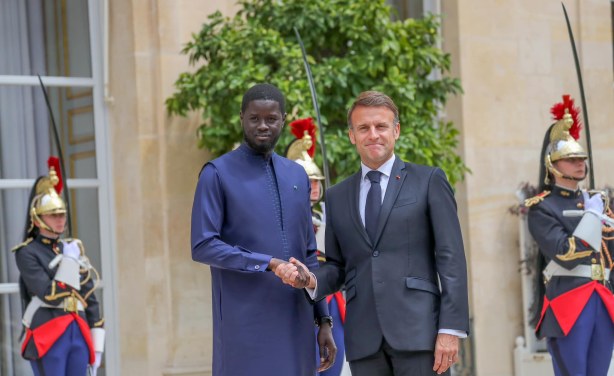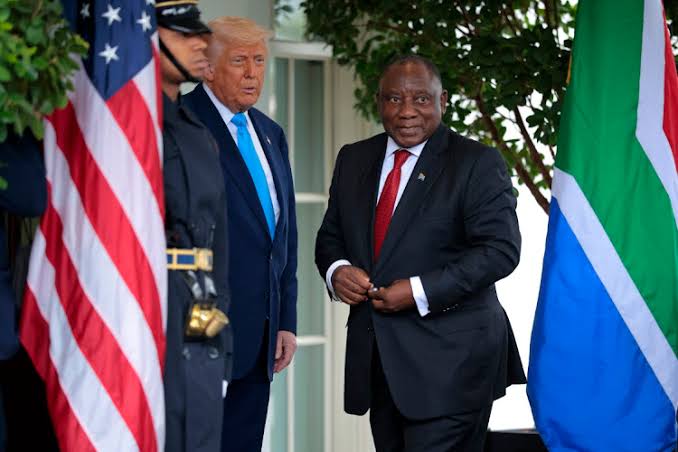
Faith Nyasuguta
The United States is preparing to levy new import taxes on steel products from South Africa and nine other countries, pending the outcome of ongoing investigations into unfair trade practices. The decision, announced by the U.S. Department of Commerce, is aimed at corrosion-resistant steel – a product used extensively in automobiles, construction, and household appliances.
The Commerce Department recently concluded that steel producers in ten nations were selling products at below-market prices or benefiting from unfair government subsidies. The countries under scrutiny are Australia, Brazil, Canada, Mexico, the Netherlands, South Africa, Taiwan, Turkey, the United Arab Emirates, and Vietnam. Collectively, they account for an estimated $2.9 billion worth of steel imports into the U.S. each year.
According to William Kimmitt, the U.S. Under Secretary of Commerce for International Trade, American workers and steelmakers “deserve to compete on a level playing field.” He emphasized that the department’s investigations revealed widespread dumping and subsidization practices that put American producers at a disadvantage. In its statement, Commerce confirmed that final determinations were made showing imports of corrosion-resistant steel from these countries had indeed been “dumped and/or subsidized.”
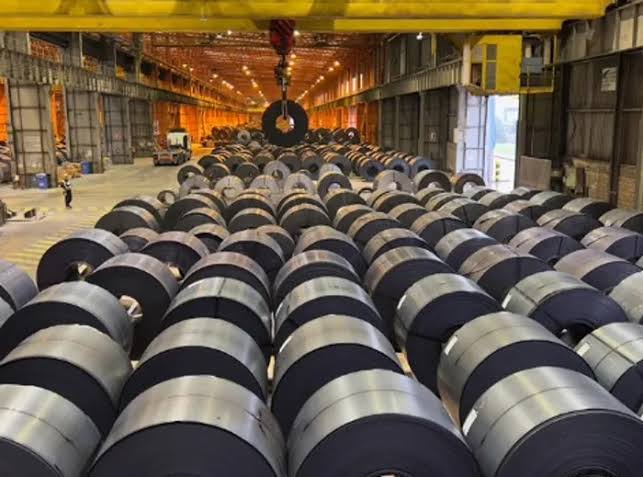
The proposed duties fall under anti-dumping and countervailing measures, policies designed to raise the cost of foreign goods found to be sold at unfairly low prices or supported by government aid. If enacted, these measures would significantly increase the cost of imported steel for U.S. buyers, reshaping the dynamics of the American steel market.
However, the taxes are not yet in force. Before they can be imposed, the U.S. International Trade Commission (ITC) must make its own determination on whether domestic steelmakers have suffered injury from the imports in question. Should the ITC deliver an affirmative ruling, Commerce will proceed to issue anti-dumping and countervailing orders, formally enacting the tariffs.
For South Africa, this investigation is the latest flashpoint in an already tense trade relationship with Washington. Pretoria has found itself increasingly at odds with the U.S. over economic and political disputes during President Donald Trump’s administration. Earlier this year, Trump imposed a sweeping 30% tariff on South African imports, citing similar concerns over dumping and subsidies. The move was one of the harshest tariff rates applied to any Sub-Saharan African nation, and its economic fallout has been considerable.
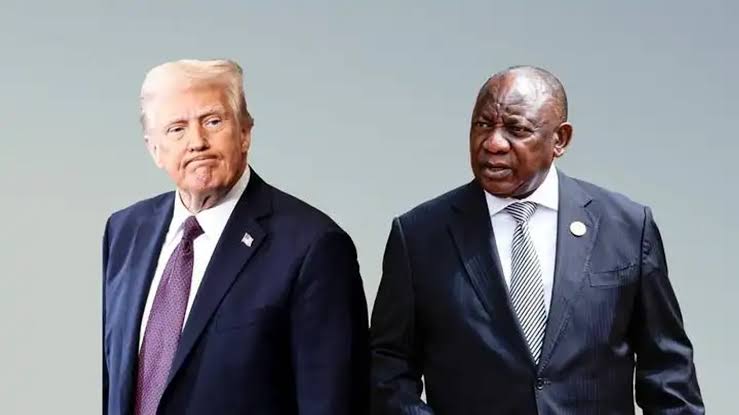
South Africa’s export-driven economy has borne the brunt of these restrictions, particularly in key sectors such as steel, aluminum, automotive components, and industrial goods. The tariffs have also put the country’s preferential trade benefits under the African Growth and Opportunity Act (AGOA) in jeopardy. Analysts warn that if Washington continues down this path, Pretoria risks losing its duty-free access to the U.S. market – a privilege critical for many of its exporters.
The current steel dispute is therefore part of a broader pattern. Trump’s protectionist trade agenda has seen investigations and tariffs applied not only to South Africa but also to countries such as Nigeria and Lesotho. The goal, according to the administration, is to safeguard American industries, but critics argue it risks escalating trade wars and alienating partners across Africa.
In response, South Africa is actively seeking to diversify its trade strategies. Officials are exploring stronger intra-African trade ties, boosted by the African Continental Free Trade Area (AfCFTA), while also pursuing new export opportunities in Asia and Europe. The aim is to cushion the economy against Washington’s increasingly unpredictable trade policies and reduce reliance on the U.S. market.
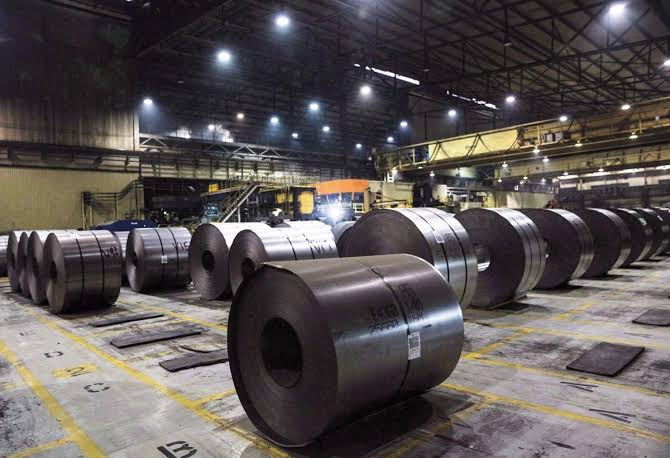
As the ITC prepares its ruling, the stakes remain high. For the U.S, the decision will test its commitment to shielding domestic industries without sparking broader economic fallout. For South Africa and its fellow targeted nations, the looming tariffs serve as a stark reminder of the fragility of global trade relationships in an era of protectionist politics.
RELATED:






